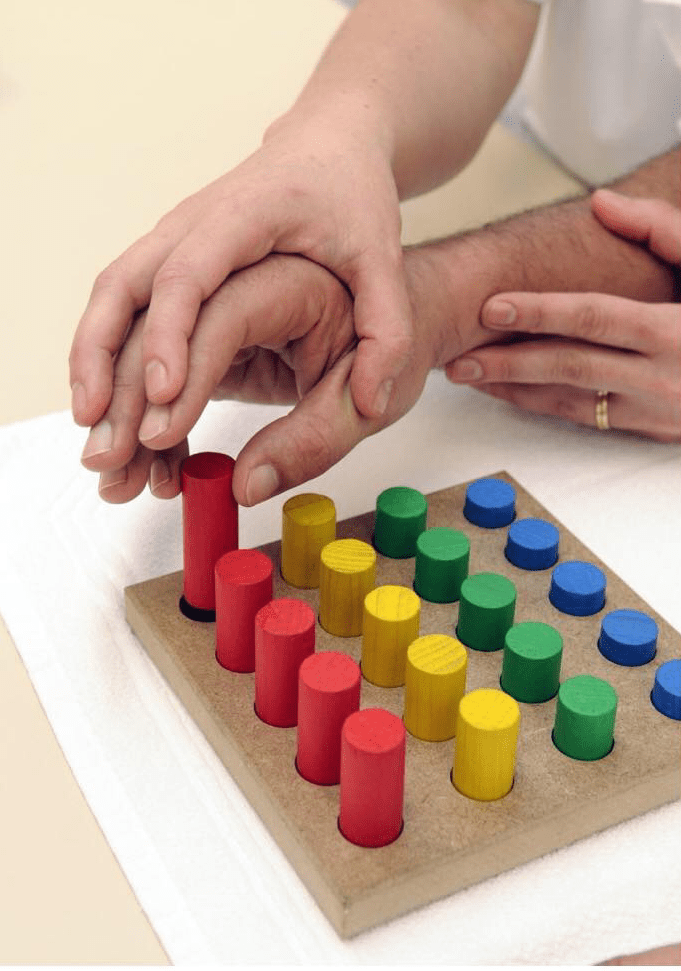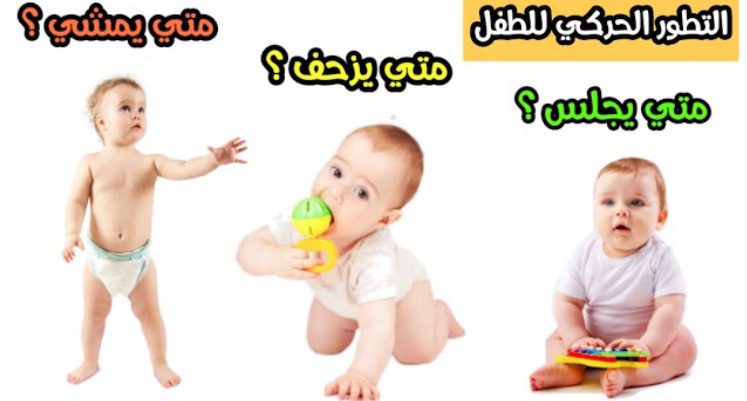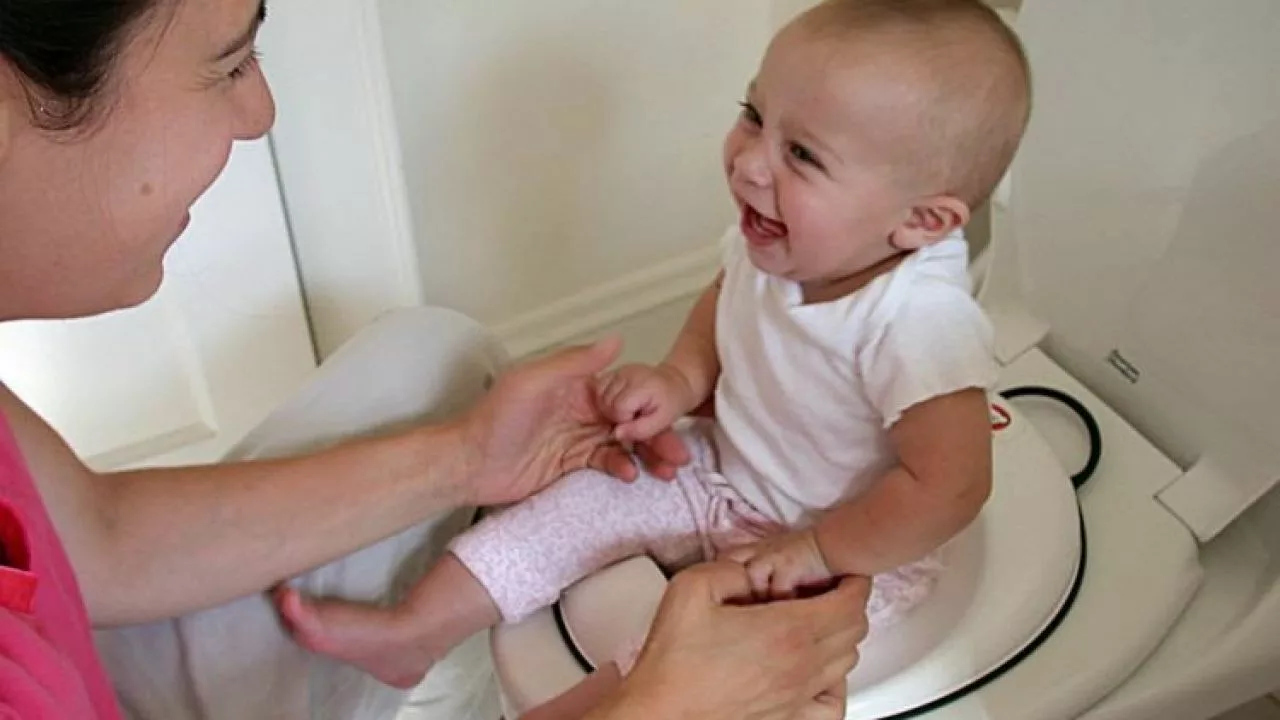Signs of language disorder
First of all, dear Mama, to distinguish whether the child is linguistically delayed
or linguistically disturbed, between linguistic disorder and linguistic delay, we
monitor the most important signs that appear on the child from the first
moments of his life, and we try to organize a developmental schedule for our
child to distinguish between the symptoms of both terms, here are some signs
that help you in distinguishing language disorder
1-Having a family history of language disorder
2-The presence of a medical condition followed by a developmental problem
such as
Hearing impairment or some syndromes
3-
The premature baby (the baby who was born weighing less than 1500
grams and before 39-40 weeks of pregnancy)
5-The lack of use of gestures and signals to communicate
6-Weakness in pre-language skills (such as taking turns, joint attention, not
using symbolic play)
7-There is a problem with the receptive language, in addition to the lack of
interaction with the environment
This is with regard to the language disorder. If we notice the presence of
these signs in the child, we must immediately make appropriate assessments
for the child, because the language disorder may take more time in treatment
than the language delay
Signs of language delay
As for the linguistic delay, when we monitor the development process of the
child, especially at a certain age, we expect some things and notice others.
Our observation and recording of the child's most important linguistic features
allows us to determine his linguistic delay based on the following signs
1-The child uses signs and gestures to communicate instead of words at a
certain age
2-Receptive language is naturally developed in the child
3-The child does not smile or pay attention when talking to him in the first
three months
4- He is late in babbling at the age of 4-7 months
5-Delayed production of the first word (to be fixed, similar to the basic word,
and independent of one thing)
6- At the age of one and a half to two years, he speaks using a few words
7- At the age of two years and above, sentences are not used in expression
and less than 50 words are produced
Thus, we have come to know the most important distinguishing signs of
linguistic delay
We take your way, beautiful Mama, to distinguish between language disorder
and language delay, and do not forget that both of them require you to see a
speech and language specialist to do the necessary evaluation and treatment
as soon as possible, and do not forget that early treatment is a treasure that
sums up many things for us, follow your child’s language development without
Notes about what you see and what you fear may be abnormal. In the event
of a problem with the child's language development, do not hesitate to consult
a speech and language specialist






